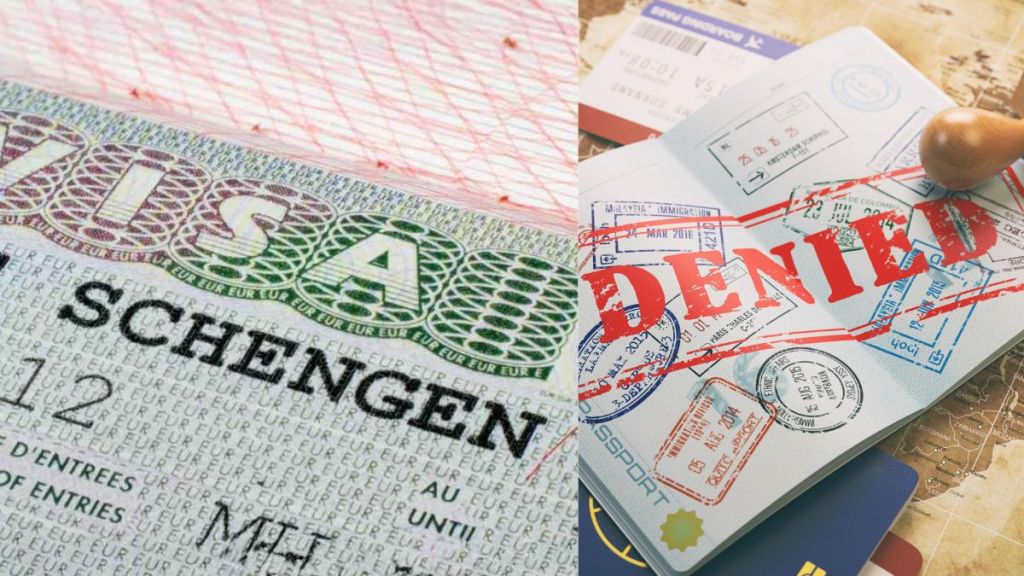A Schengen visa officer and career diplomat offered a behind-the-scenes look at how visa decisions are made in a rare Reddit AMA (Ask Me Anything) session, The officer, who processes up to 200 visa applications daily and has served in multiple embassies shared some important insights.
What are the reasons for visa rejection?
The officer revealed that the most common reason for visa rejection is a lack of strong ties to the applicant’s home country. If there is any doubt about whether an applicant will return after their trip, the chances of approval drop significantly. Factors like not owning property, lacking a stable or well-paid job, having no family obligations, or not running a business raise red flags for consular officers. These ties are essential in proving that an applicant has compelling reasons to return home after their travel period ends.
The officer also discussed other common red flags that frequently lead to rejections. These include fake or unverifiable flight and hotel bookings, overly ambitious or unrealistic travel itineraries, and inconsistencies between financial resources and planned accommodations. For instance, applicants planning to stay in a luxury hotel while declaring minimal savings are viewed with suspicion, as are wealthy applicants booking ultra-cheap accommodations. Even if no documents are forged, inconsistencies alone can lead to denial.
Is a sponsorship letter important for visa approval?
When asked about supporting documents, the officer said that cover letters are typically skimmed or ignored. However, a detailed and honest sponsorship letter, particularly for student visa applications, can carry significant weight. That said, student (Type D) visa applications are rarely rejected if the applicant has already been accepted by a legitimate university and their documents are in order.
In terms of multi-entry and long-term visas, the officer stated that decisions are guided by the cascade regime, which means longer-duration visas are issued only after the applicant has demonstrated responsible use of shorter ones. Unless a clear pattern of multiple future trips is shown, most applicants will receive a visa for the specific period of intended travel.
Addressing applicants who may not own property or businesses, the officer advised providing proof of a strong and stable job, ideally accompanied by a letter from the employer confirming the applicant’s role and approval for leave. However, he acknowledged that in some cases, particularly depending on the applicant’s nationality, even strong employment may not be enough to satisfy return assurance requirements.
Lastly, when questioned about whether religion or ethnicity affects visa outcomes, the officer was clear: religion is never a factor. Nationality, however, may influence how an application is assessed, as some nationalities are subjected to more scrutiny due to regional or diplomatic considerations.

